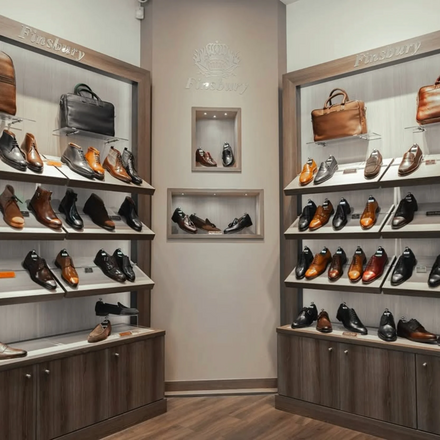Is franchising a safe business?

Franchising has emerged as a popular business model, offering a unique partnership between franchisors and franchisees. But is it a safe business?
In the world of business, franchising represents a significant avenue for growth and investment. As individuals consider entering this realm, questions naturally arise regarding its safety and reliability. Examining these concerns from the perspectives of both franchisors and franchisees offers valuable insights into the regulatory frameworks and operational dynamics underpinning the safety of franchising.
Franchise regulations
For franchisors, the appeal of franchising lies in expanding their brand presence without assuming the full burden of new locations. This arrangement offers a degree of safety due to the standardized operational procedures and brand recognition already established. Franchisors benefit from franchise fees and ongoing royalties, providing a steady revenue stream.
European countries set up an association to create guidelines and define fair rules for franchising for both parties (franchisors and franchisees). The European Franchise Federation (EFF) sets out guidelines to promote ethical franchising practices, covering areas such as pre-contractual disclosure, franchise agreement terms, and dispute resolution mechanisms. These regulations provide a safety net, fostering a conducive environment for franchisors to thrive. Additionally, the European Code of Ethics for Franchising, established by the European Franchise Federation, outlines principles of fairness, transparency, and good faith in franchising relationships, further enhancing safety and trust. It is worth emphasizing, however, that the code is not a statutory regulation. Companies that want to be part of the associations adapt to these guidelines on their own - said Karina Korczyńska, lawyer consultant in PROFIT system.
Franchisees are attracted to the safety net provided by franchising due to the proven business model and support from the franchisor. By investing in a franchise, entrepreneurs gain access to a tried-and-tested concept, mitigating the risks associated with starting a business from scratch. Franchisees receive comprehensive training, operational guidance, and ongoing assistance, reducing the likelihood of failure.
Franchising, when conducted within a robust regulatory framework and with ethical business practices, can indeed be a safe venture for both franchisors and franchisees. The standardized procedures, brand recognition, and regulatory safeguards contribute to the stability and longevity of franchise businesses across Europe. However, as with any business endeavor, thorough due diligence and adherence to legal requirements are paramount to ensure a successful and secure franchising experience.
Featured franchises
No featured franchises
Breaking news
Show all
Next Engineers - a global STEAM Education
Innovative STEAM education franchise empowering children through hands-on engineering learning, combining structured curricula with scalable...

LA BARBE DE PAPA
Step into a premium grooming network built for growth, offering a structured franchise model with clear financials and strong operational support.

Pandora Greenbox franchise
Pandora Greenbox offers a scalable fast-casual concept combining healthy cuisine, smart design and strong unit economics across Europe.

Expanding premium footwear through franchising
A French footwear brand expanding through franchising, offering structured entry into premium shoe retail with established operational standards.



